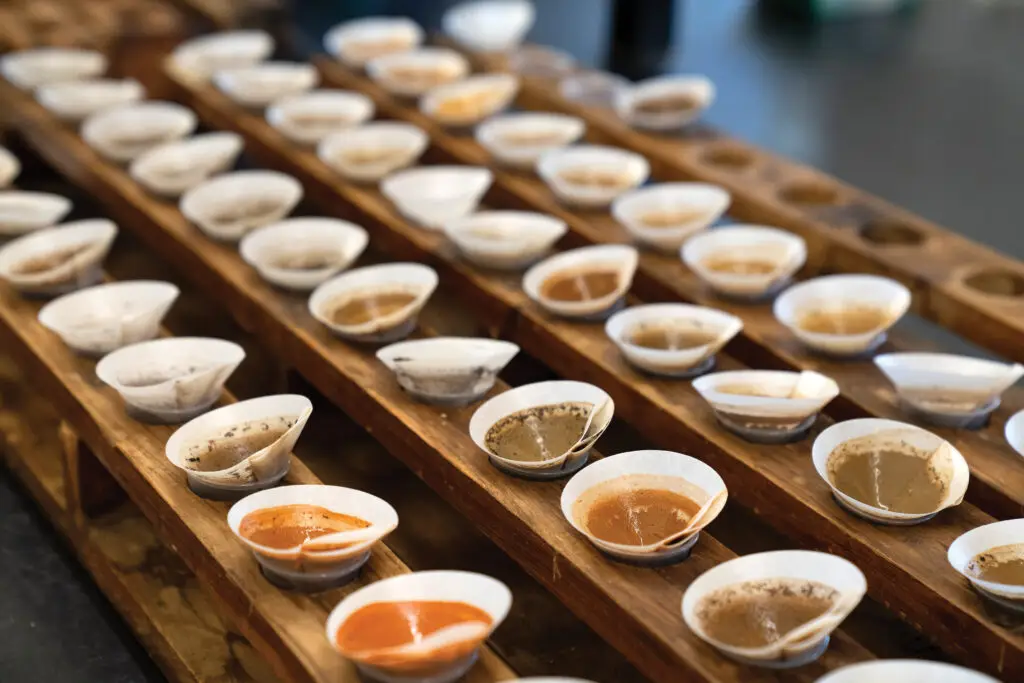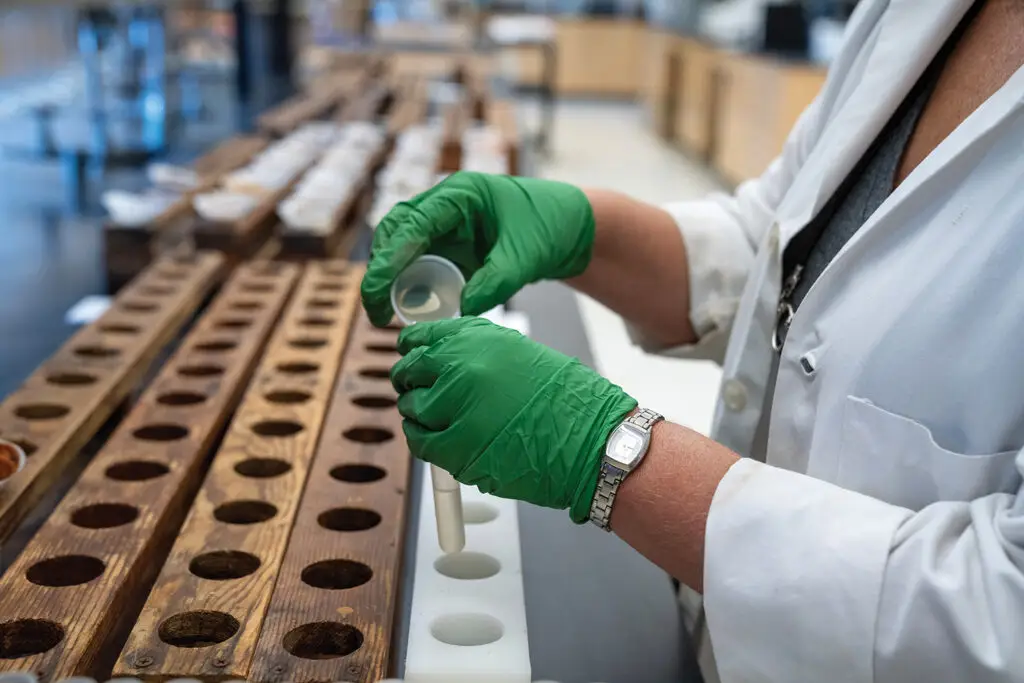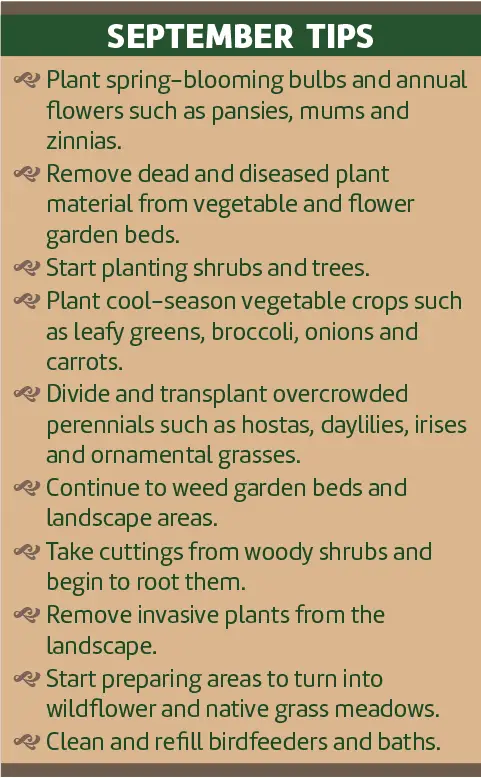
Photos courtesy Auburn University College of Agriculture and Alabama Experiment Station
Here’s a little gardening quiz to kick off a new school year:
What’s the most important test a gardener can take? A soil test, of course.
That’s because a soil test helps you understand the fertility status of the very earth that supports your favorite fruits, vegetables, lawns, trees, shrubs and flowers. A basic soil test will determine the level of essential nutrients (phosphorous, potassium, magnesium, and calcium) present in the soil and measure soil pH (which affects nutrient uptake in plants) and provide plant-specific nitrogen recommendations.
A soil test is easy to take, no studying or cramming required. It simply involves gathering a composite sample of soil from across the planting area and sending it, along with a form detailing what crops you intend to grow, off to a professional laboratory for analysis. Within a week or so, results will arrive complete with specific recommendations on the amendments needed to make the soil its most productive. This information also helps avoid overapplication of fertilizers, which saves you money and helps protect the environment.

Here in Alabama, we are lucky to have an exemplary soil testing resource — the Auburn University Soil, Forage and Water Testing Laboratory. The lab was established in 1953 to provide economical fertilizer and lime recommendations to Alabama’s farmers and home gardeners, recommendations based on what is now 150 years of unbiased land-grant university research.
Since soil is a living system and always changing over time, this kind of historical data is invaluable to the lab and can also be a priceless tool for gardeners, which is why you need to frequently retest your soils. The standard recommendation is to repeat soil tests every three years, though Dr. Jessica Davis, manager of Auburn’s soil testing lab, said annual testing is an ideal way to stay on top of your soil’s progress, especially if the initial test called for significant corrections to soil pH or fertility or if your plants are exhibiting problems.
“We recommend doing the test (routine tests are $10 each) the same time each year,” she added, which is important because temperature and weather can seasonally impact pH levels.

Late winter and early spring prior to the start of a new growing season is the busiest time at Davis’s lab but testing in the fall and early winter is just as effective. In fact, testing in the fall offers several advantages including beating the winter/spring rush and allowing plenty of time for fertilizers and lime to become incorporated into the soil before spring planting begins.
In addition to routine soil nutrient and pH testing, which Davis describes as “our bread and butter,” the lab can also test for soil particle size, micro-nutrient testing, determine the percentage of organic matter in the soil, and test for the presence of contaminants such as heavy metals. It also provides an array of testing options on feeds and forages, plant tissue, manure and poultry litter and water.
“Right now, we just test agricultural water, but hopefully by 2024 we will be EPA certified for drinking water analysis, especially for our customers on home well systems,” Davis says.
To learn more about all the services provided by the lab and to watch a video on how to properly take a soil test, visit aaes.auburn.edu/soil-forage-water-testing-lab. Soil test kits are available throughout the state at county Extension offices or soil samples can be sent by the customer in a plastic bag with the form found on the website.
While Davis’s lab doesn’t test for soil diseases or pests, such as nematodes, it shares a building with another invaluable resource: Auburn’s Plant Diagnostic Lab. Learn more about their services and sampling procedures at aces.edu/blog/topics/farming/plant-diagnostic-lab-services.
Katie Jackson is a freelance writer and editor based in Opelika, Alabama. Contact her at [email protected].




